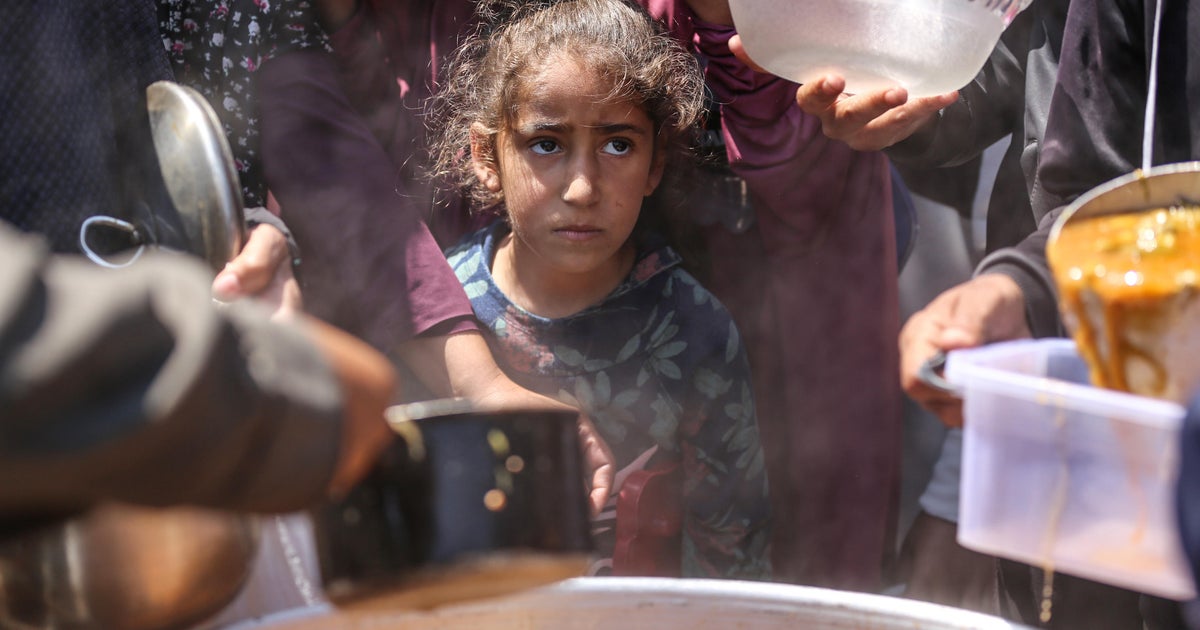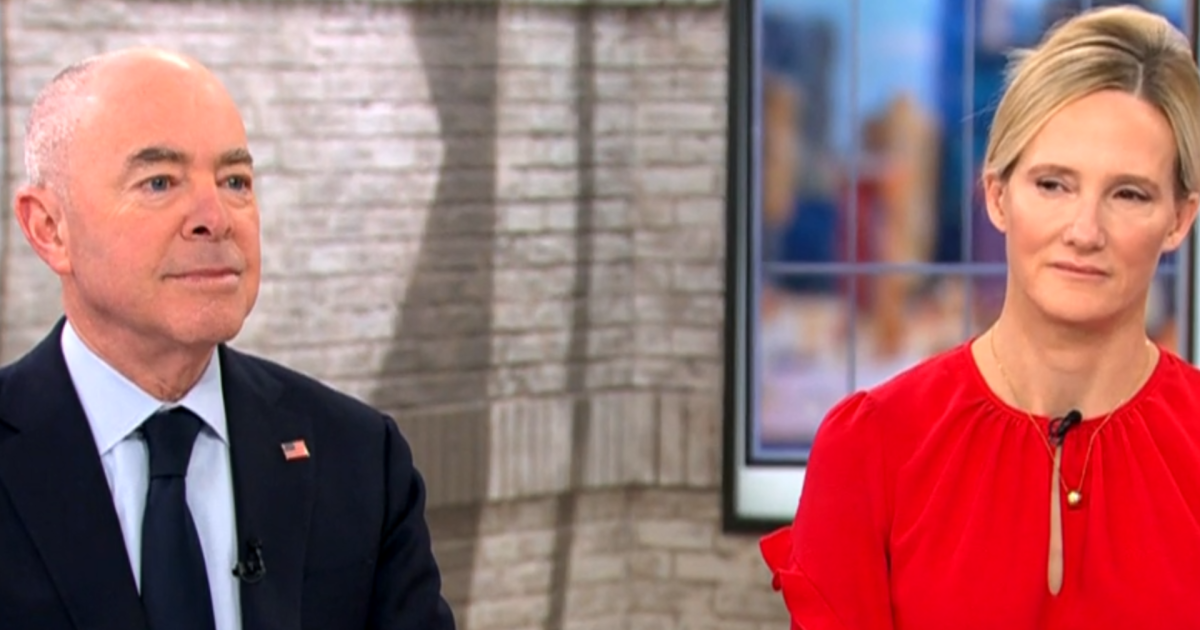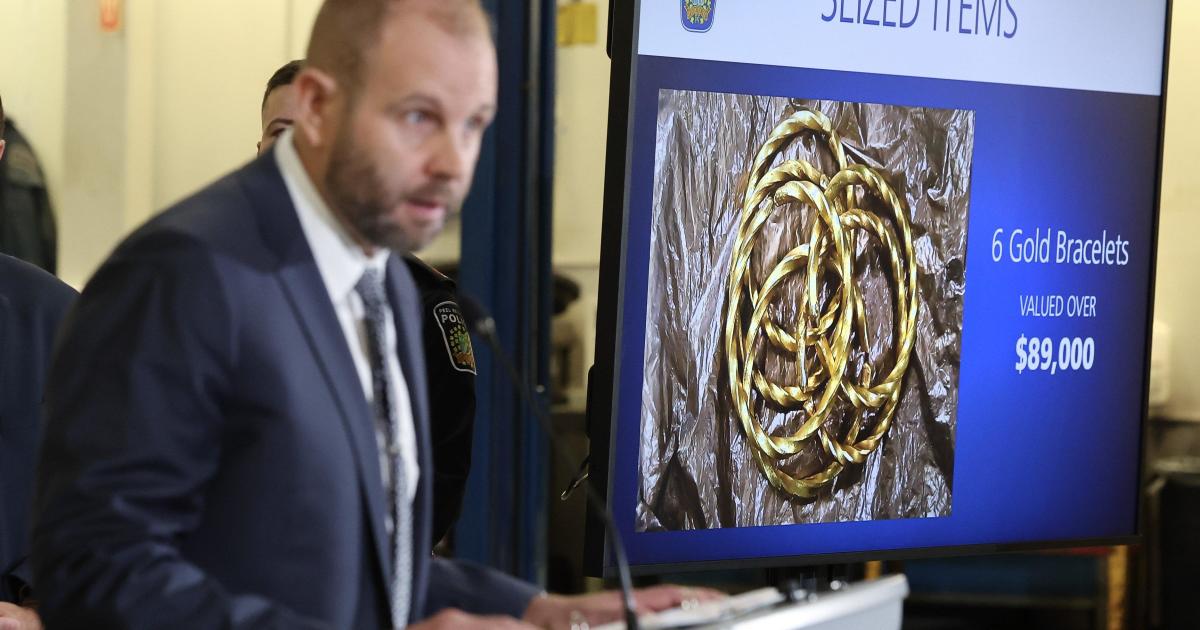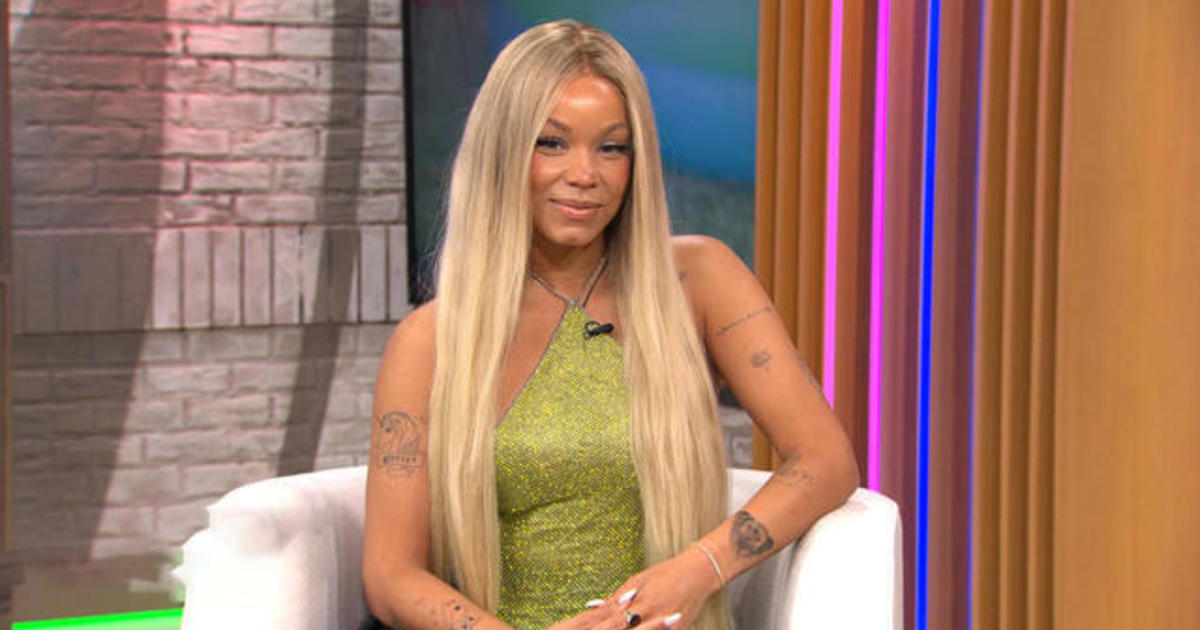How does the world's first vaccine for honeybees work? "It's like magic"
Bee colonies are collapsing all over the world, threatening large parts of our food supply. But there's good news in the fight to slow their decline: the U.S. government has approved the use of the world's first vaccine for honeybees.
"It's like magic," said Annette Kleiser, CEO of Dalan Animal Health, which partnered with the University of Georgia to develop the vaccine. "You vaccinate the queen and she passes it on to the millions of offspring that make the colony."
Bees pollinate one-third of food grown in the United States – essential to producing an estimated $15 billion worth of crops annually. But bee colonies are collapsing due to disease, parasites, pesticides and even climate change-fueled droughts, which dry up the water and flowers they need to survive.
"They're just decimated," said Bryan Ashurst, a fourth-generation beekeeper who runs the Ashurst Bee Company in California's Central Valley. "I've heard guys losing 70%."
Ashurst's company oversees about 27,000 bee colonies, which are part of one of the largest pollination events on the planet. California produces more than 80% of the world's almonds – and each blossom is pollinated by a bee.
Ashurst said the new vaccine won't solve all of the problems killing bees, but he's optimistic – and is willing to try it on his bees.
"I think because we're all looking for answers for things we're willing to try things out," he said.
Unlike humans and animals, insects don't create antibodies, so scientists have long thought vaccines won't work. But they discovered in the lab that bees have a primitive immune system and that exposing a queen bee to some of the dead bacteria through her food created immunity in the hive.
So far, scientists have not seen any side effects or impacts on food products such as honey. The hope is the breakthrough will pave the way for other vaccines to control all sorts of harmful viruses and pests.
Joerg Mayer, a certified beekeeper and professor of zoological medicine at the University of Georgia, said he's constantly trying to figure out how to reduce bee losses.
He constantly inspects his own hives to make sure there are no signs of diseases like the dreaded American foulbrood.
"It's a bacterial disease … and what happens after a few days, it's so bad that those little developing bees, the brood, dies, and they die and it smells really foul. So you have foulbrood, foul-smelling brood," he said.
It's so severe that the government requires infected hives — and all beekeeping equipment — to be burned and buried. There is no cure for the disease, and, until now, no vaccine to prevent it.




